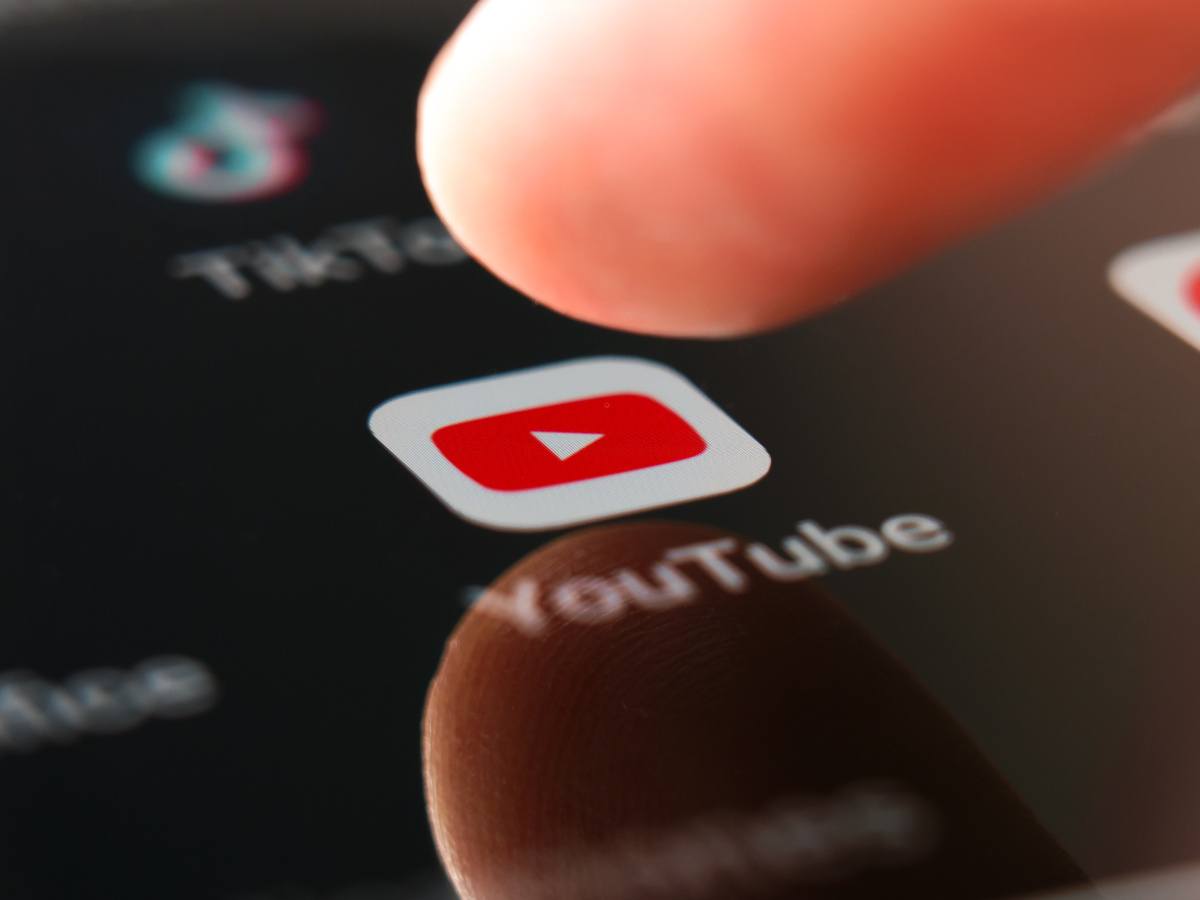![]()
The organisation is set to introduce a number of measures designed to better determine whether an account is being used by a young person.
Media platform YouTube has announced plans to implement further age verification tools to identify if a user is under the age of 18 and therefore should be targeted with more age-appropriate content.
Announced in February as part of YouTube’s 2025 roadmap, the age-related features are not new, however, previously, they were only applied to the account of a young person who confirmed themselves as being under the age of 18, rather than being automatically applied to an unverified account.
The roll-out, which will affect a small number of US-based teenagers first, will use AI-powered technologies to gather information related to a person’s age, regardless of the date and year the user has entered as their birthday.
Factors that will be used to determine an account holder’s true age include the type of video the user frequently looks for, the categories of videos they have watched and the amount of time that the account has been active for.
If the account is deemed to be held by a young person under the age of 18, YouTube has stated it will automatically put in place a number of age-related protections, for example, personalised advertising will be disabled, digital wellbeing tools will be accessible and safeguards will be added to recommended viewing. Additionally, some kinds of content will have limited repetitive viewing options.
If it so happens that an adult’s account is incorrectly identified as being that of a minor’s, they can verify their age by uploading a credit card or form of government issued ID.
In a statement on its website, YouTube stated that their site was “one of the first platforms to offer experiences designed specifically for young people and we’re proud to again be at the forefront of introducing technology that allows us to deliver safety protections while preserving teen privacy.
“Families trust YouTube to provide a safe and enriching experience, and we’ll continue to invest to protect their ability to explore safely online.”
YouTube’s news comes amid a period of turbulence for social media platforms internationally, as it was announced that the Australian world-first ban on social media for children and young people under the age of 16 has scrapped the YouTube exemption.
The decision was made following intervention from the internet regulator who advised the Australian government to repeal the YouTube exemption, due to the issue of harmful content present on the site.
In a statement, prime minister Anthony Albanese said, “I’m calling time on it. I want Australian parents to know that we have their backs.”
With the ban set to come into place in December, YouTube have maintained their belief that, as a video hosting site, the group should not be classified as a social media platform.
Additionally, late last week the UK began implementing its own age verification checks, following the passing of the 2023 Online Safety Act, which aims to protect children and young people from exposure to dangerous online materials, for example sexually explicit, violent or exploitative content, as well content exhibiting substance abuse.
While many will be happy to see stricter regulations imposed upon young people and social media companies, there has been pushback due to concerns over the freeflow of information and how broad the new rules are. A petition calling on the UK government to repeal the act has garnered more than 421,000 signatures so far, with the figure rising.
Don’t miss out on the knowledge you need to succeed. Sign up for the Daily Brief, Silicon Republic’s digest of need-to-know sci-tech news.
